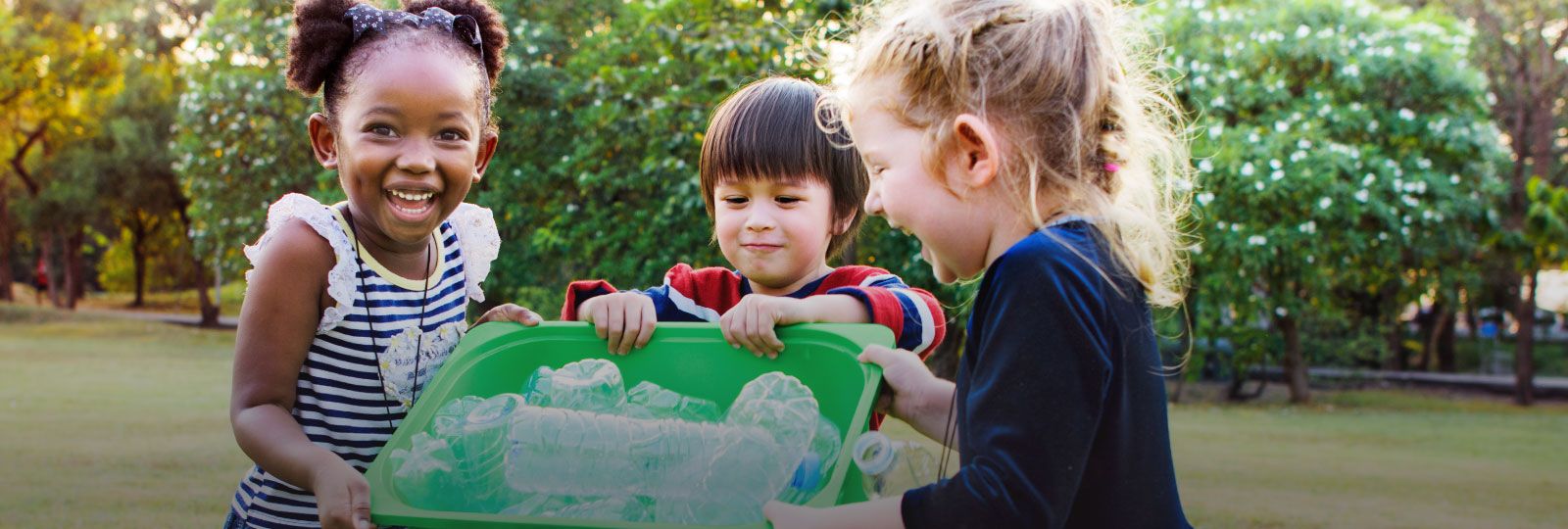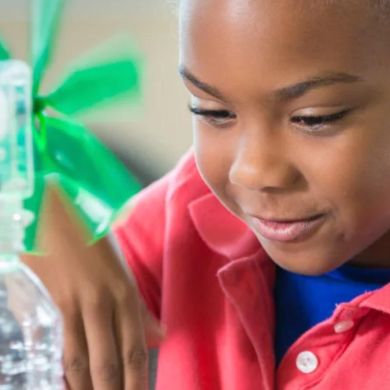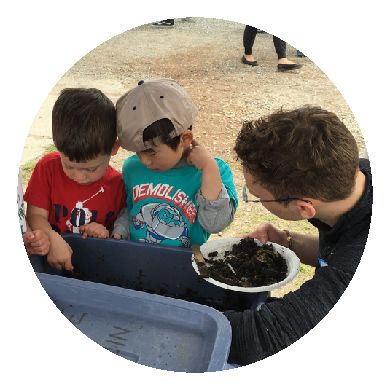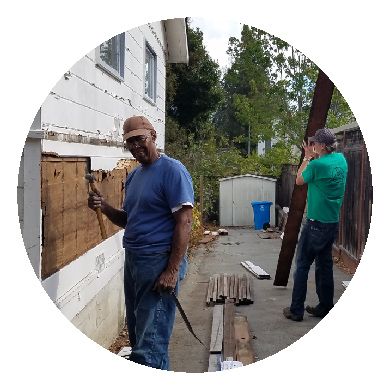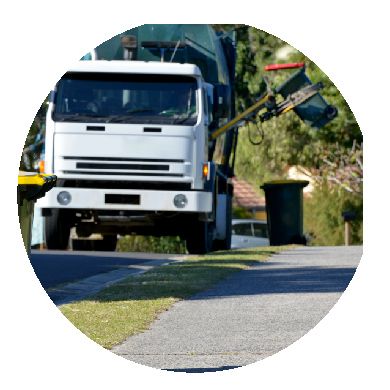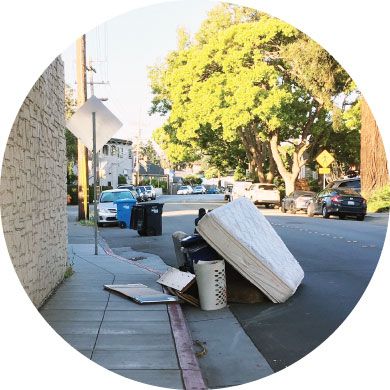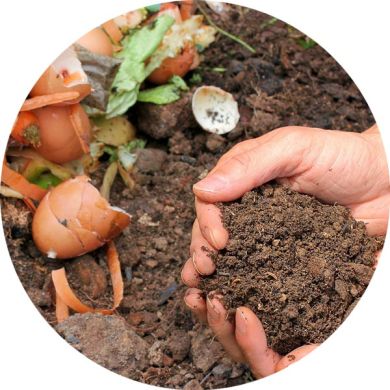Waste Reduction
Waste that is dumped in our landfills is more than just unattractive; it pollutes local soil and waterways, takes up valuable land, and contributes to climate change. The good news is there are many ways we can reduce the waste that goes to those landfills. Our goal is to reduce the amount of waste generated, and increase diversion of recyclables and organics from the landfill through our work with residents, businesses, schools, and others. Learn more about the work we do to reduce waste:

